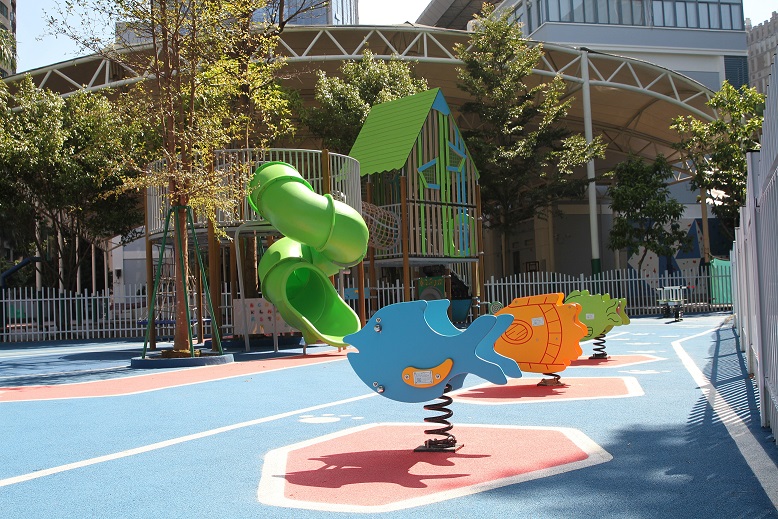Managing stress and a healthy lifestyle
By Cecile Van Enter

Coming back to school has definitely been a positive experience for most of us and we can see the excitement from the students. The recent few months have been quite stressful on everyone which may impact us more than we realize. The GOS community want to ensure that our students, parents and teachers feel supported in this transition back to school and that we make sure we continue to take care of our bodies and minds.
In these few weeks back at school, some of our students may be feeling overwhelmed and stressed from their time in lockdown and their time learning online. They may need our support and encouragement to help them manage their time and their stress, so that they can perform and develop to their best of their ability.
Managing stress
Children do better in all areas of life when they feel that they are being supported and motivated by positive and caring adults around them. Many studies have confirmed that high levels of stress in childhood can lead to poor academic performance, poor social relationships and poor health. The best environment for children’s academic and healthy progress, is one where they feel safe, supported and relaxed. Although some stress is necessary, such as the stress you feel before a big test or important sports match, children always need supportive adults around them to keep them positive and motivated. As the adults, we need to help our children manage their stress levels and create a balanced schedule.
Here are some things that children and adults can do to manage their stress:
Using technology wisely.
According to the American Academy of Child & Adolescent Psychiatry (ACCAP), children 6 years old and above should be spending no more than 2 hours per day on their screens. Screen time should be limited, structured and should not interfere with other activities such as sleep, eating, physical activity or social play. The ACCAP also recommend:
· Turn off all screens during family meals and outings.
· Learn about and use parental controls.
· Avoid using screens as pacifiers, babysitters, or to stop tantrums.
· Turn off screens and remove them from bedrooms 30-60 minutes before bedtime.
Screen Time
Unstructured
· 3+ hours a day
· Unsupervised use
· Used as a babysitter
· Passive watching
· Used during meals
· No child lock
Structured
· Up to 1 hour a day
· Rules and limits are set
· Parents are involved
· Talking and engaging
· No screens at the table
· Educational content
Manage stress using mindfulness.
An important tool for all children to learn, is how to deal with stress when it does happen. Sometimes we cannot control situations in our lives, for example the online learning and lockdown, but we can control how we respond to these situations. Children need to learn what activities and tools they can use to deal with stress and manage their emotions. Mindfulness is a tool we can use to become aware of our own body, emotions and environment around us in the present. It has been proven to help decrease stress, anxiety, depression, and it helps to increase focus and attention. These mindful activities have the best impact when they are done with a caring and supportive adult, so parents are encouraged to join their children in these fun and calming activities.
Outdoor Activities for mindfulness
· Gardening
· Taking a walk
· Blowing Bubbles
· Watching Wildlife
· Watching Clouds
· Going on a Scavenger Hunt
· Mindful Breathing
· Drawing with Sidewalk Chalk
· Reading Under a Tree
· Walking Barefoot




 Home
Home  About Us
About Us 
 Admissions
Admissions  Curriculum
Curriculum  Pastoral
Pastoral  School Life
School Life  AMS
AMS  Contact Us
Contact Us 









 Home
Home  About Us
About Us  Admissions
Admissions  Curriculum
Curriculum  Pastoral
Pastoral  School Life
School Life  AMS
AMS  Contact Us
Contact Us 

